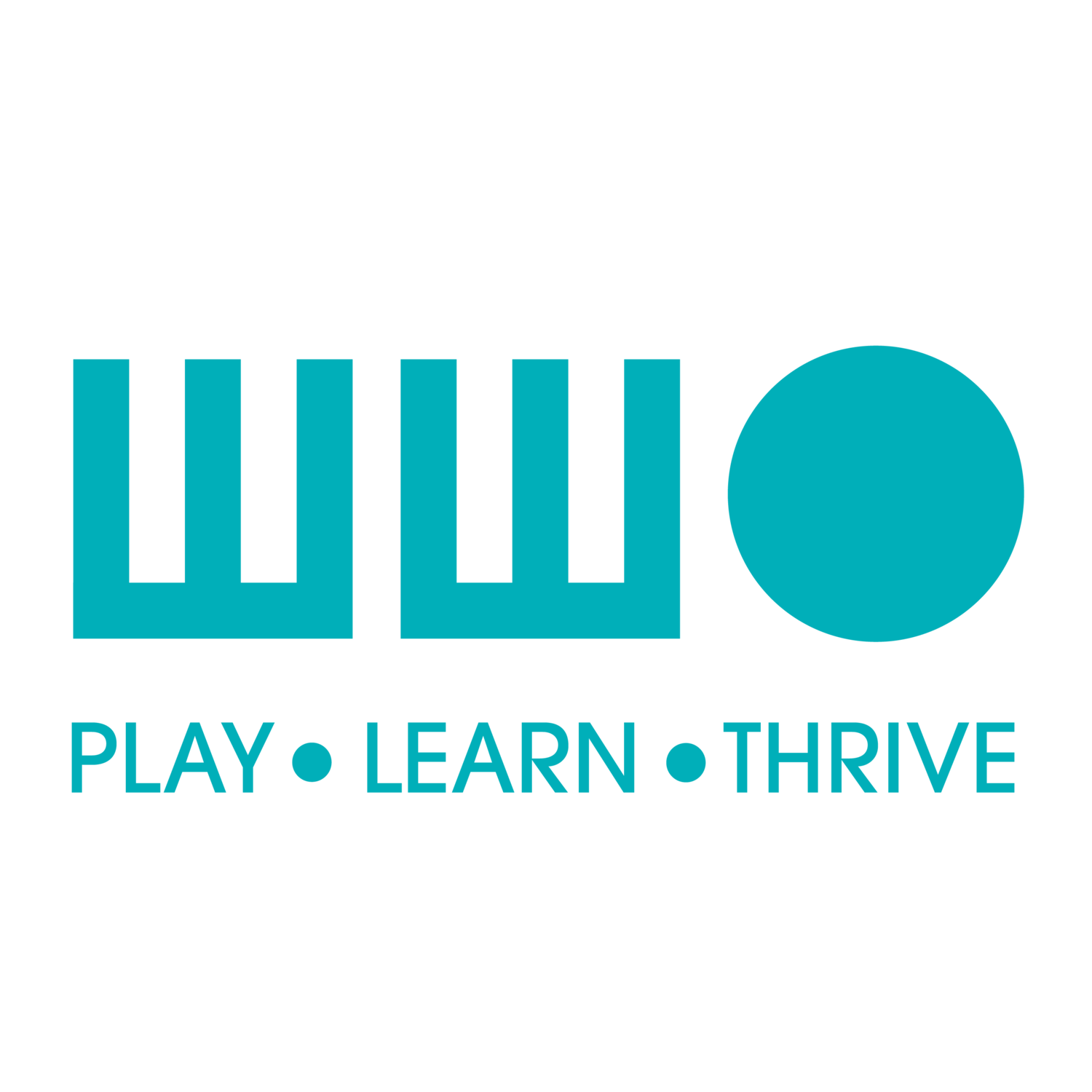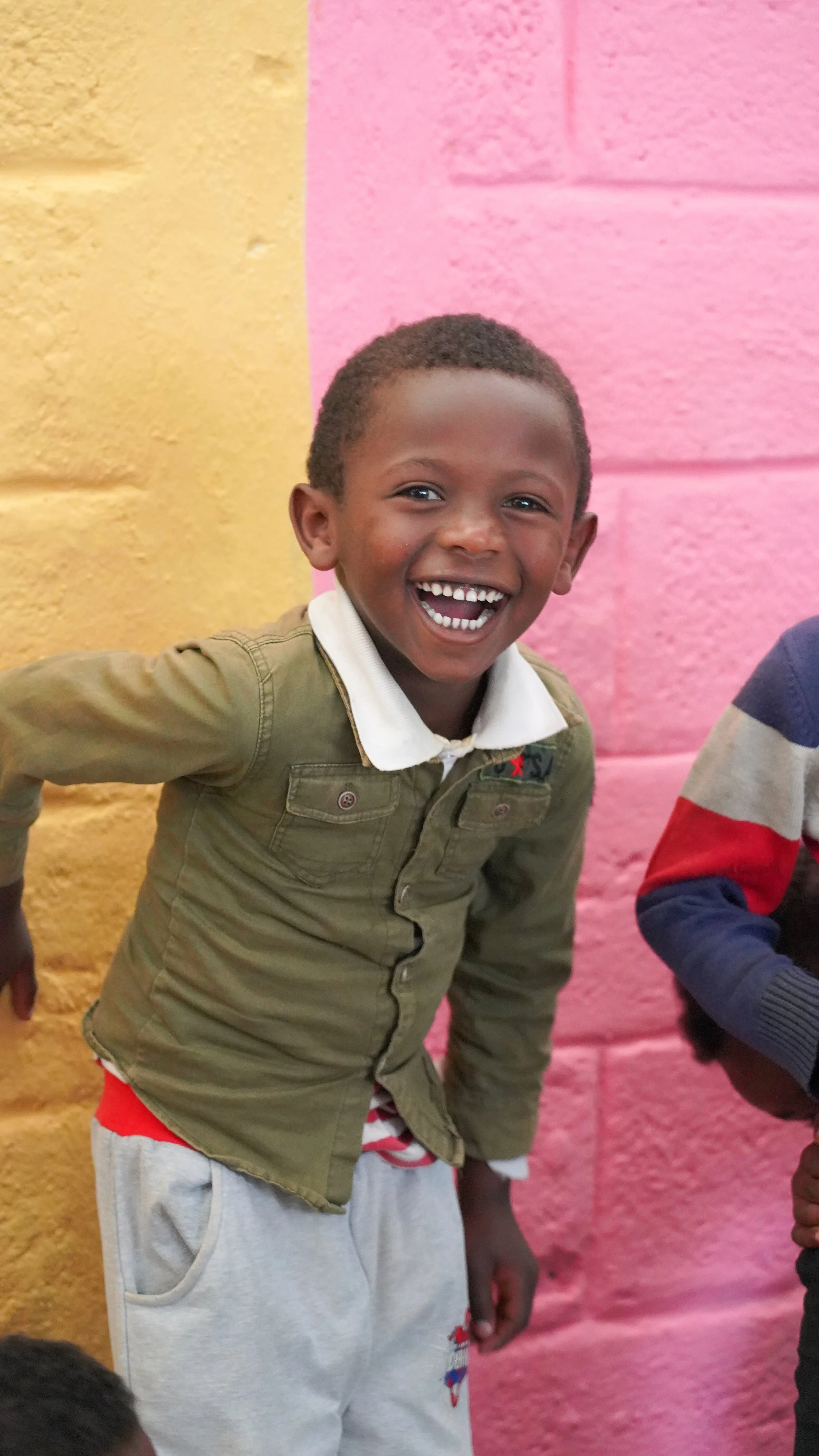
Global Monitoring, Evaluation, Accountability
& Learning
WWO is committed to a robust evaluation process using both qualitative and quantitative tools to ensure our programs remain data-driven and evidence based.
Monitoring & Evaluation
All activities are carefully tracked and examined by our Chief Program Officer. Global Monitoring, Evaluation, Accountability and Learning assessment tools monitor usage, effectiveness, and trends over time, allowing for informed strategic planning and resource allocation. The resulting data ensures our programs remain data-driven and evidence-based.
Measurement Tools
-
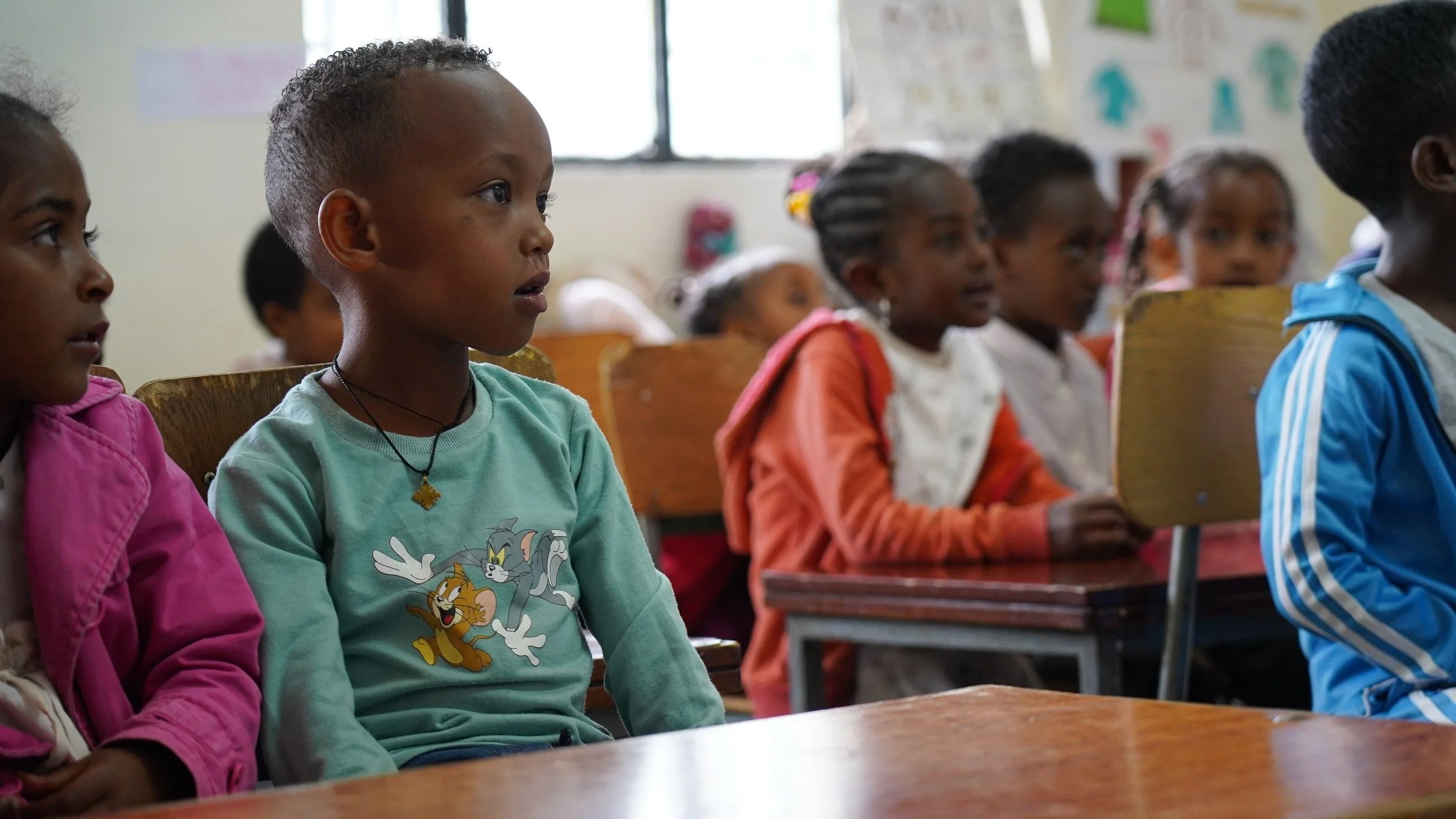
IDELA
The International Development and Early Learning Assessment, IDELA, is a rigorous global tool that measures children’s early learning and development. Our global teams in 5 of our countries completed the master training in administering the testing to help us evaluate the effectiveness of our programs multiple times a year. IDELA was developed by Save the Children.
-

ASQ
The Ages & Stages Questionnaires®, is a developmental screening tool that pinpoints developmental progress in children between the ages of one month to 5 ½ years.
Evidence shows that the earlier development is assessed—the greater the chance a child has to reach his or her potential. WWO utilizes the ASQ in all countries that we serve. -
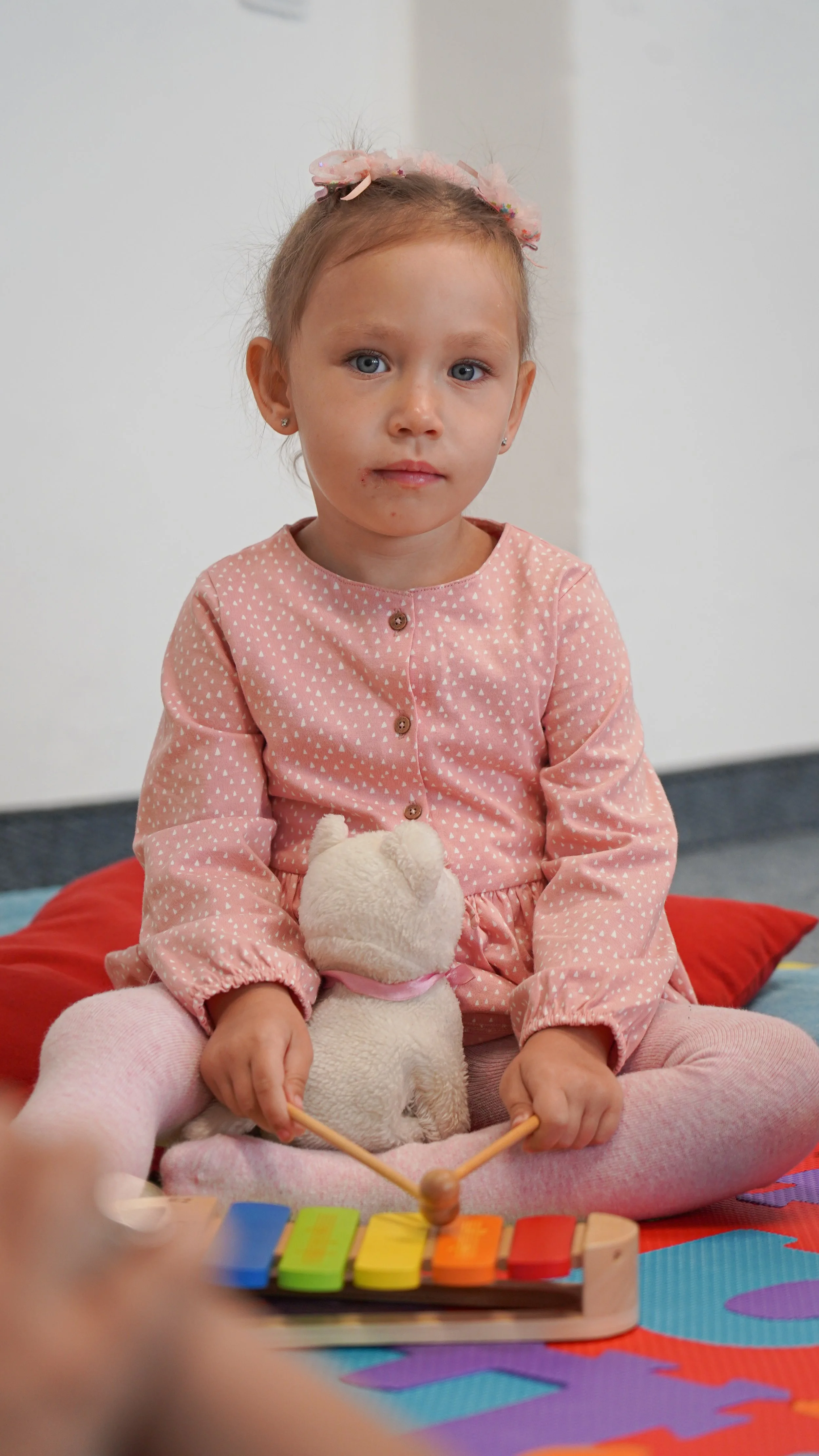
UCLA Childhood Trauma Screener
In Ukraine we also administer the Childhood War Trauma Questionnaire (1988) to monitor trauma symptoms and to understand the impact of the war on the daily lives and and wellbeing of both parent and child. This screening tool helps to identify children that are experiencing high levels of distress and may need additional support to overcome trauma exposure.
-
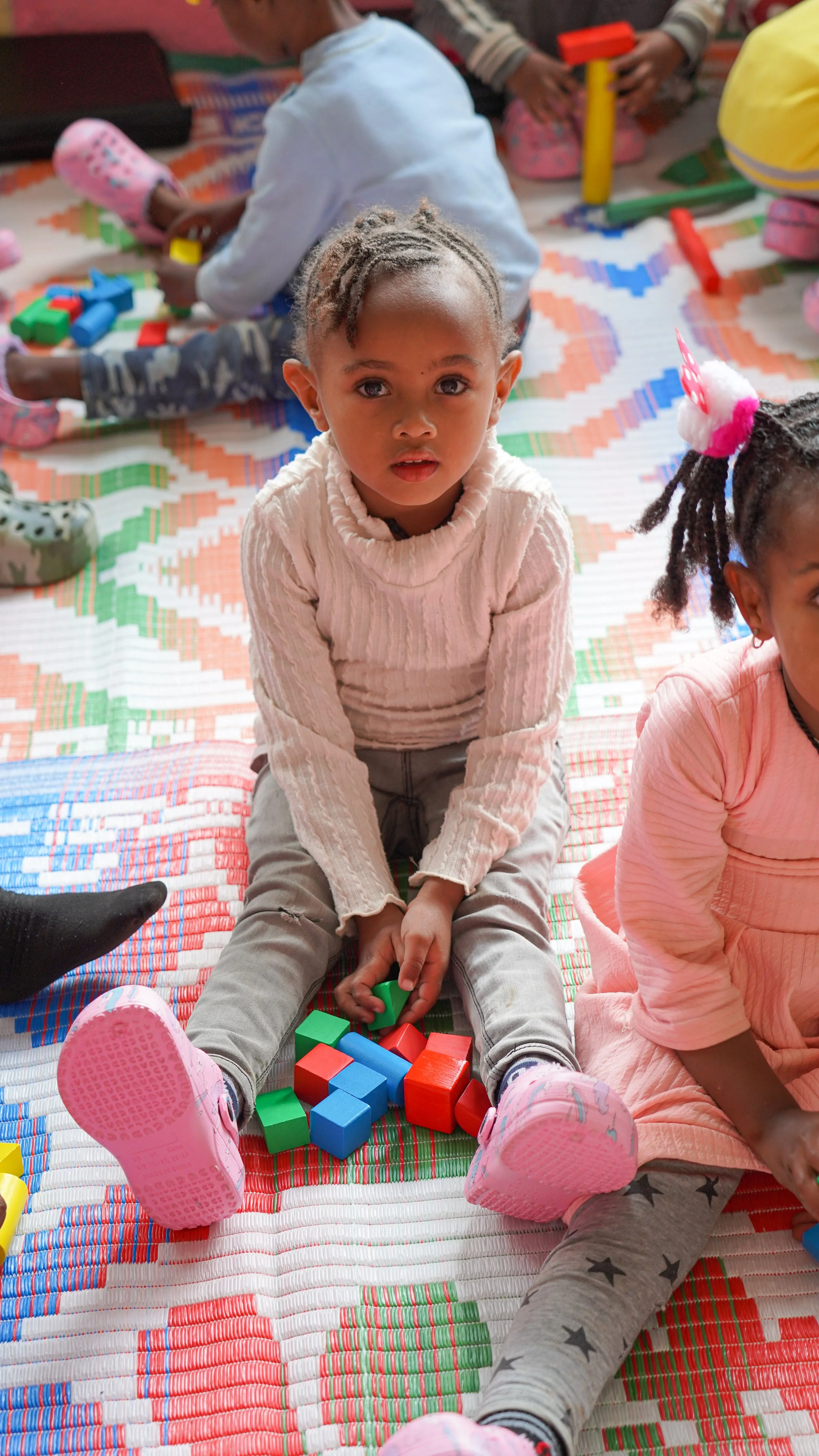
International Step by Step Association ECD-QUAT
The Early Childhood Development Quality Assessment Tool or ECD-QUAT is a tool that helps measure and improve the quality of services where young children spend their time. The six dimensions of the tool include: child friendliness; connectedness; safety, health and protection; staffing; sustainability and agency are based on the UN Convention on the Rights of the Child.
-
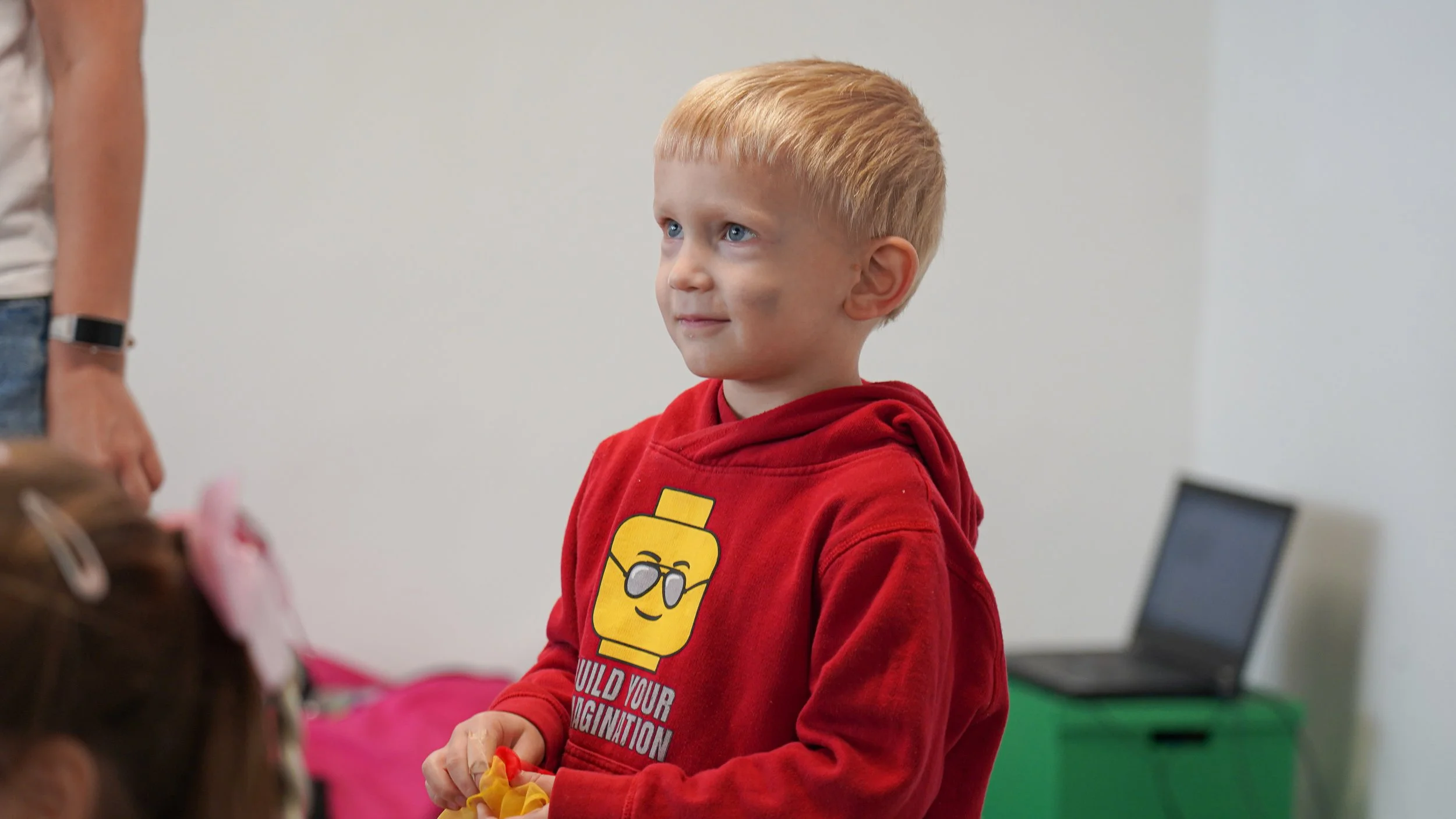
Child Status Index
The Child Status Index (CSI) provides a framework for identifying the needs of children, creating individualized goal-directed service plans for use in monitoring the well-being of children and households, and program-level monitoring and planning at the local level.
The children and families we serve are assessed utilizing the CSI framework so that we can further support their individual needs. -
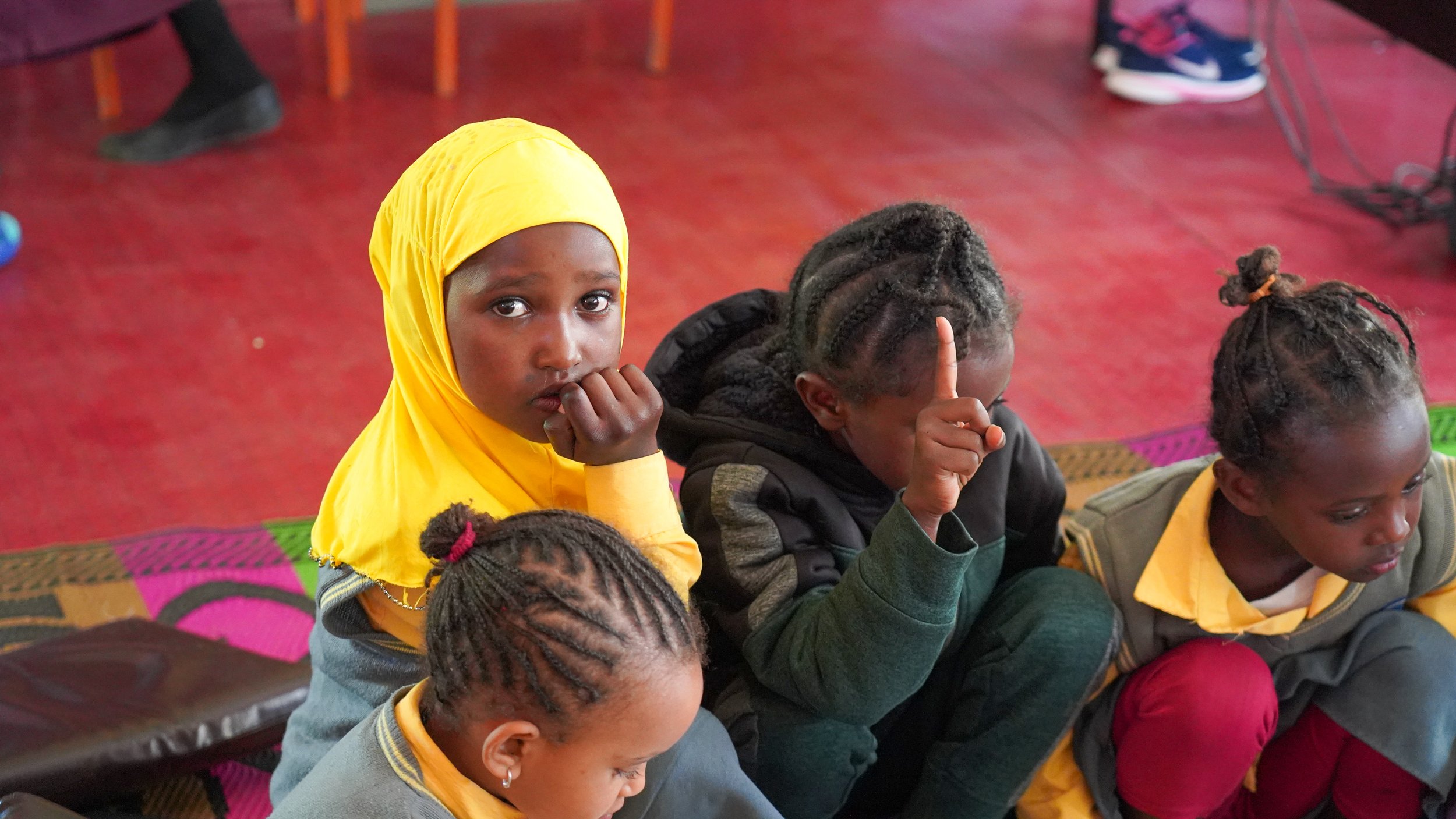
Qualitative Research
WWO conducts qualitative research in all of the countries we serve, including one-on-one interviews, case studies, questionnaires and focus groups. Hearing and learning directly from the children and adults in these communities is essential to serving them and their needs. This information helps inform the programming we offer and how we train and support our staff.
